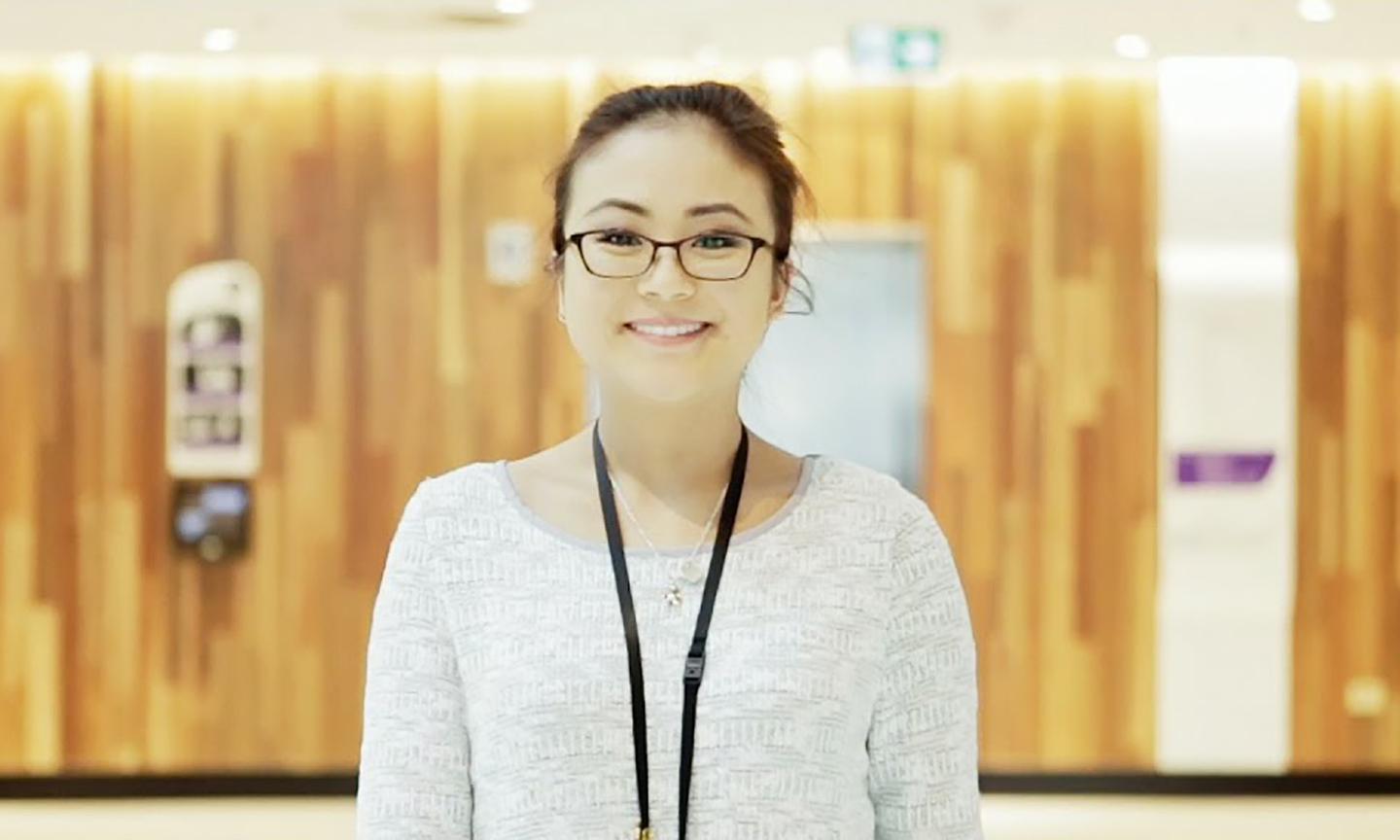Upon successful completion of this course, you will be able to demonstrate an advanced understanding of biological sciences by articulating the methods of science, explaining its relevance in society, and why current knowledge is both contestable and testable.
Calling on your cognitive skills and mastery of advanced theoretical knowledge and recent developments in biotechnology, you will be able to generate new and abstract ideas, as well as research, analyse, address and solve solve complex problems in existing and new areas.
You will also utilise your research skills to plan and execute a substantial research or work-based project and/or pieces of scholarship, demonstrating creativity, initiative and a high level of autonomy.
Importantly, you will be able to effectively communicate concepts of biotechnology to specialist and non-specialist audiences using a variety of presentation modes. Your studies will also shape you into an independent and self-directed learner who works effectively, responsibly, ethically and safely whether autonomously or within a team, able able to take accountability for your learning, work, and professional practice. You will further demonstrate knowledge of and adherence to all regulatory frameworks and ethical principles relevant to biotechnology.






